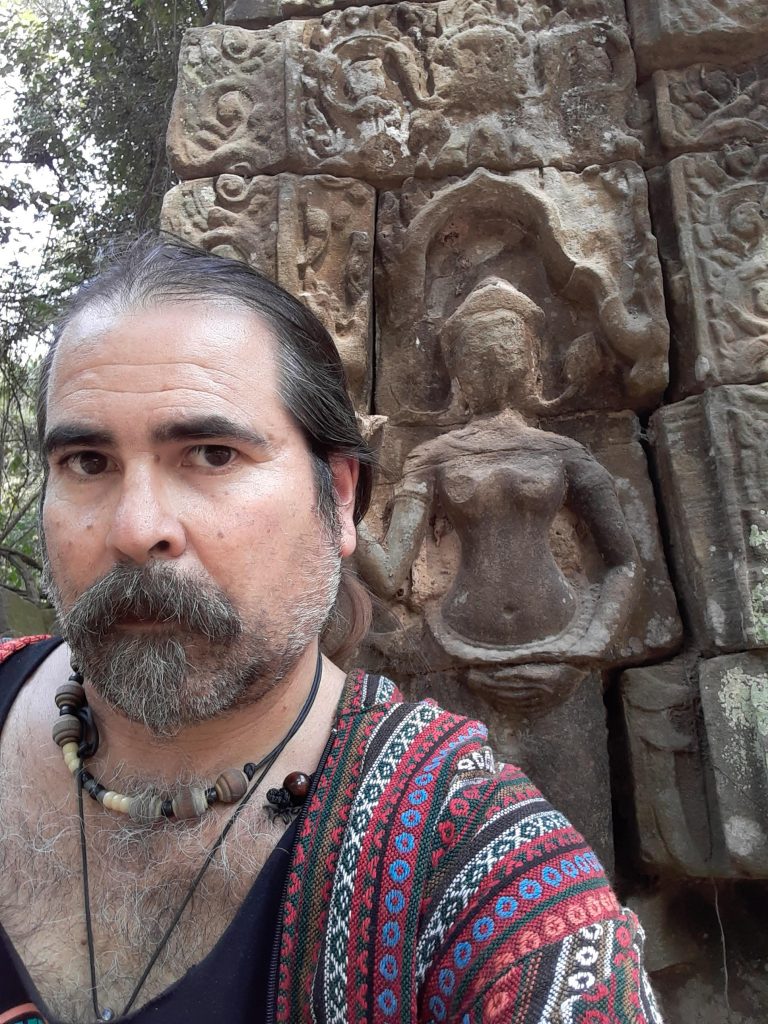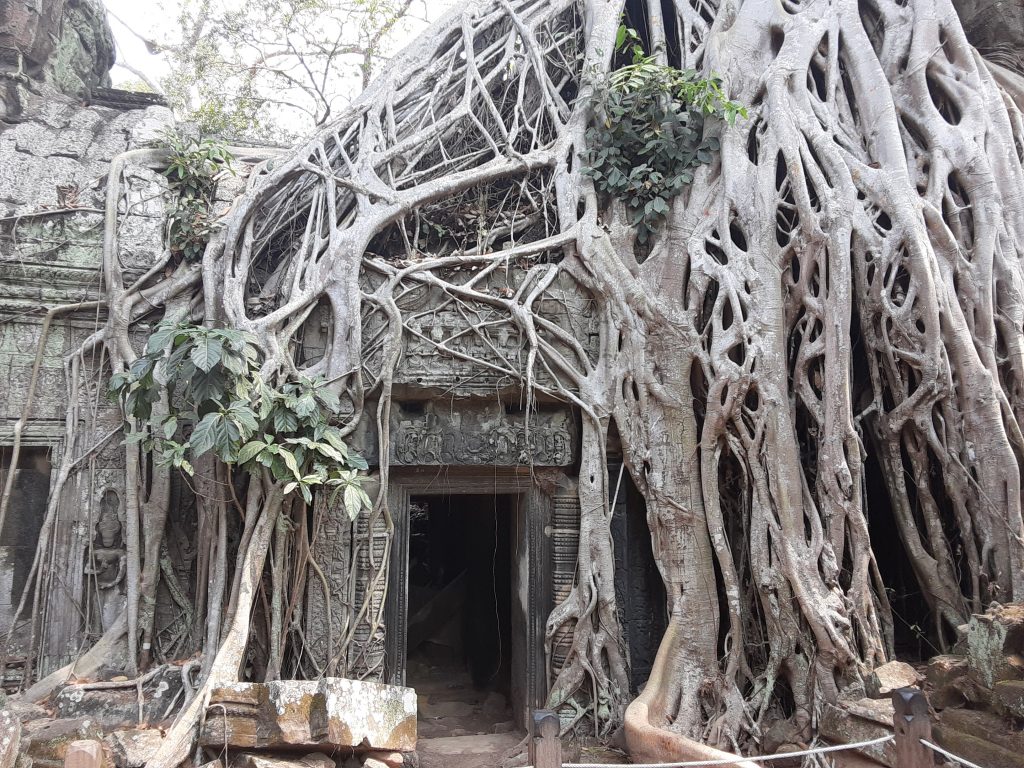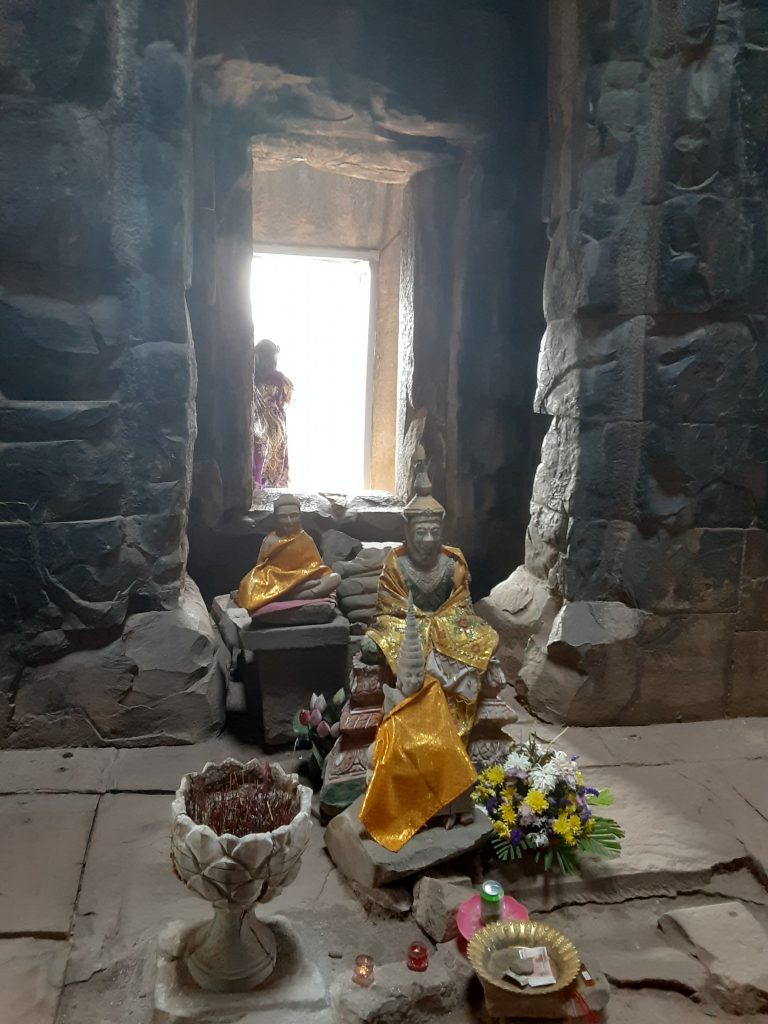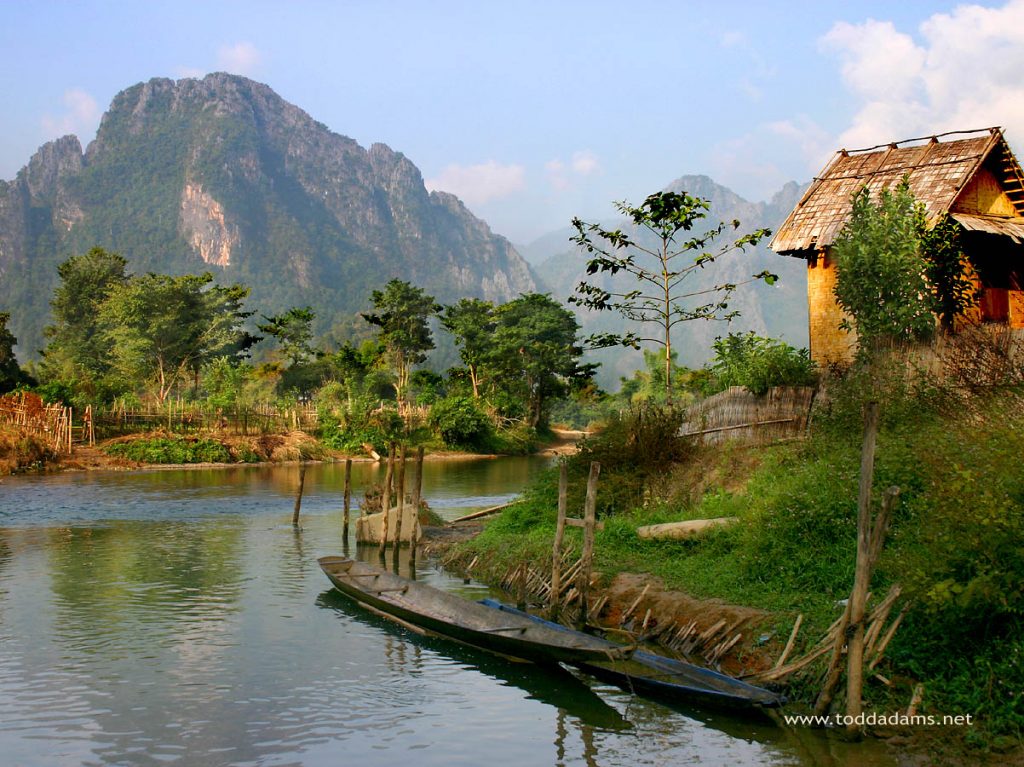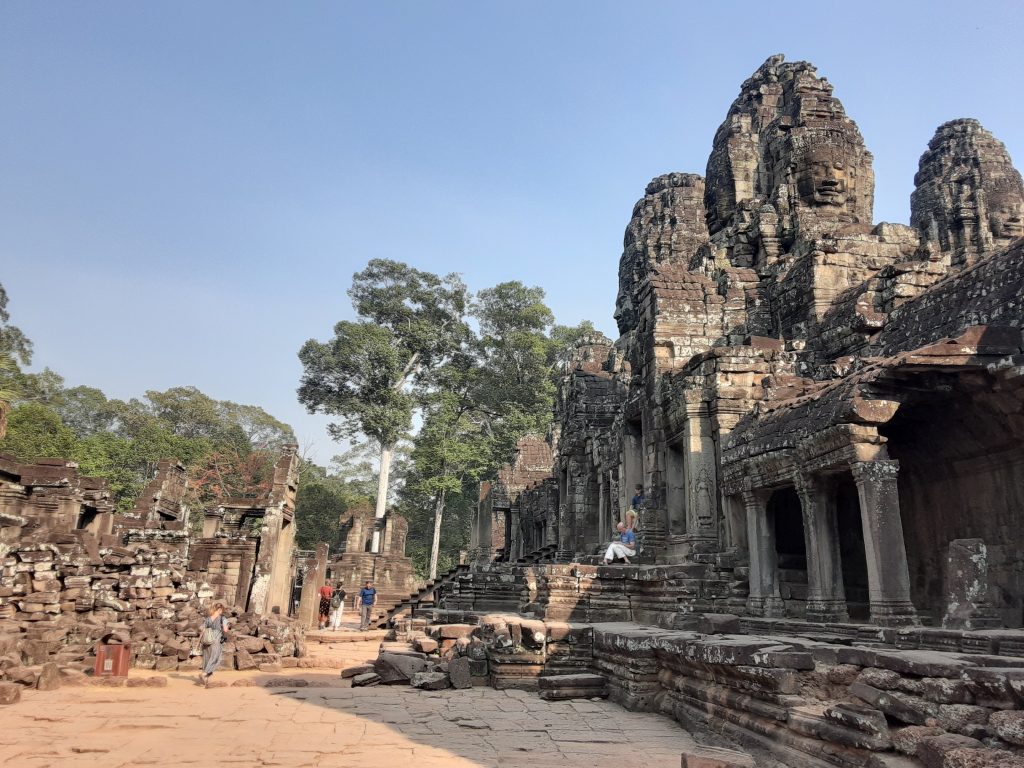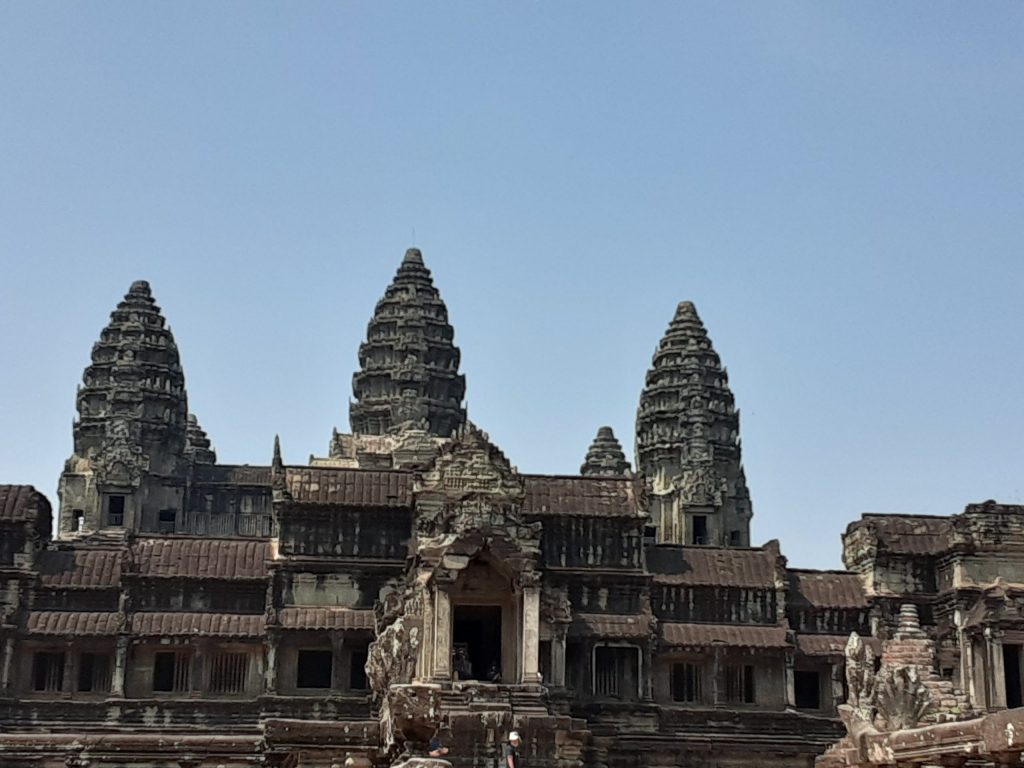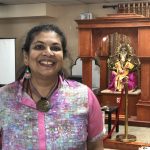I didn’t know what to expect really, and after years of hearing about the nightmares of the Khmer Rouge and their emergence through Chinese support and funding by Communist, Marxism-Leninist international power brokers. Along with the above, the Viet Cong, Northern Vietnamese Army, was by 1960’s, gaining a foothold deep within the jungles with plans to overthrow the newly independent Cambodian government. To add to this mix, throw in the Khmer Republic, which was backed by the U.S. before The 1970 Cambodian coup d’etat of the Communist party under prime minister Pol Pot.
The Killing Fields
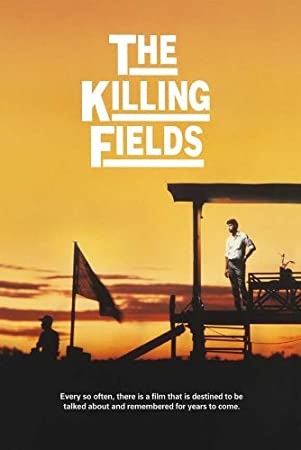
As my arrival time was approaching I couldn’t help thinking of the biographical drama film of the “The Killing Fields” based on real events when two British journalist covering the Vietnam War were apprehended by the Khmer Rouge and forced into labor camps and thus bore witness to the human genocide of Cambodian civilians. To help lighten my mood, the musicology enthusiast within myself focused on Cambodian culture. Cambodia won its independence from France during the 1950’s and therefore my muse was early 1960s French Cambodian Pop Music. Additionally early 1970’s Cambodian Rock and Roll, primarily influenced by U.S. Armed Forces Radio, caught my attention. My travels limited my stay only to SIam Reap and unfortunately I never made it to the capital Phnom Penh, the actual birth place of Cambodia French Pop music and 70’s Rock and Roll. Nevertheless once visiting, it is very hard to find any Rock and Roll in Siem Reap these modern times and to my dismay coming up short of any semblance of pre Communist culture of Cambodia.
Poking the Bear
During The Khmer Republic, pro U.S. era of the 1960’s, a lot of the musicians influenced by western culture adapted hippie fashion, music and lyrical content which was diversifying Cambodian culture poking fun sarcasms towards the conservative ultra hard right wing autocracy of the communist party. Much of this new wave influence spawned genres of music from Garage Rock, Psychedelic, Funk, Soul and even Proto-Punk. However, the Cambodian Civil War took its toll on the country and along with American bombing campaigns over areas of Cambodia bordering with Vietnam, made it difficult for musicians in Cambodia. Wartime curfews, often lead to musicians having to play day time amidst civil war bombings and gunfire nearby as the musicians performed. Somehow Cambodian Rock scene persevered through this until the fall of the Khmer Republic to the Khmer Communist Rouge of 1975.
To the Extremes
The Khmer Rouge was highly right wing autocratic, xenophobic, totalitarian repressive paranoid regime which called themselves the Democratic Kampuchea and their communist ideology was pivotal in the indoctrination of social re-engineering, re-classification policies such as farmers and peasant’s of National purity from province Kampuchea ethnicity you were considered no longer as working class. A strong majority of farmers were considered traitors to the Khmer Rouge Revolution or simply didn’t agree to new reform of agrarian society, specifically the rural agricultural co-operatives. These purges and rebellions not only took place in rural areas and villages but all Civil Class systems based on ethnic background suffered re social engineering including religion.
Declaring Atheism
Although a New Declaration State of Atheism was pronounced by the Khmer Rouge, it did not save lives of thousand Buddhist Monks whom faced large-scale secularization and iconoclasm. There was a destruction of 15,000 year mark of Cambodia temples, monasteries, scriptures and sculptures. This severity towards the Buddhist Monks resulted in hard labor but most commonly lead to their execution’s as fate towards Cambodia ethnic minority of the Islamic religion. The Khmer Rouge belief system was for radical transformation of self imposed economic isolation and Nationalize Country isolation from outside foreign influences, closing schools limited to re doctrinarian, abolishing Banking and all currency and even neologism, could you imagine forced to reform your language, sadly this is a type of colonialism.
Forced Patriotism
The strategy was about destruction of individualism and was forced by execution. Imagine as a farmer your life disrupted by sudden regime change imposing a vision of agrarian society of cooperative farming which translates to all your hard work is shared including your livestock and agriculture to the country regime with no banking commerce. To survive farmers were forced into slave labour and often just killed their own livestock. All civilians of class Musicians , Intellectuals, Chefs, Educators often executed or spared to force labor camps to these rural farming co operatives, if you wore glasses, it was, to the regime, a signal of intellectualism. It was common for a rock and roll musician whose life was spared, only to be sent to hard labour working camps and typically being forced to only perform National Patriotic Songs of the French Revolution era. Musicians had to decide to play songs that woefully went against their ideology but sure easier than working 10 to 15 hours days at labour camp with no end insight.
Modest Monastary
So you could foresee the voyage anticipation ran high and little uneasiness due to my sympathy for people but nevertheless was excited soon upon arrival found myself checking into my room at very modest charming hotel. very close to downtown Siam Reap that had all the charm and energy of a Buddhist Monastery. My first Night out i explored many streets ,vendors and bars where befriended some curious
Cambodian diaspora of Russians, Chinese and Vietnamese and of course others of the InterNational Community typically Australians, British and German’s. You can sense the life restored to the streets even though only been 23 years of Pol Pot death in which last few loyal commanders still surrounded him from his northern border province near Thailand. Although Cambodia was again Republic empire its international court trials still ongoing to persecute Khmer Rouge commanders of Pol Pot Regime of crimes against humanity evolving the genocides of many Vietnamese and Cambodian ethnic minority groups as of 2018 was last current ongoing sentencing of Pol Pots regime.
The Recovery
Cambodia has somewhat recovered economically and demographically from Khmer Rouge Regime however took until 2009 for Cambodia education system to be required the teaching of the Khmer Regime atrocities of genocides buy typically its been only by word of mouth from surviving elders. The genocide not only effected Cambodia intellectualism culture as well the Rock n Roll and Pop music of pre Rouge Regime bands such as Baksey Cham Krong regarded as Cambodia first guitar rock band influenced by American surf rock bands even though band broke up in 1966 and some of the members survived the genocide however still 20 members of its family died nevertheless Baksey Cham Krong band
influenced many bands that came after them. Band Drakkar influence of hippie fashion long hair aesthetic and hard rock sounds compared to Led Zeppelin, Jimi Hendrix, Santana and Grand Funk Railroad and their self titled debut album recorded pre Rouge Regime era sold 20,000 copies a decade later after the genocide ended making it the highest selling full length album of Cambodia at that time. However when the album was originally released Pol Pot Khmer Rouge was in early stages of the revolution overthrow and the band was amongst the 2 million of residents forced out of the Capitol City of Phnom Penh and forced to work camps but the bassist and lead guitarist disappeared during the ensuing of Khmer Rouge genocide as their fates are still unknown.
Imprisoned Music
Meanwhile the singer Touch Seang Tana was imprisoned in a work camp and sang Santana songs to Khmer Rouge Soldiers on demand while passing himself as of a common peasant and the Rhythm Guitarist Touch Chhatha was of many professional musicians who were sent to work camps and forced to play patriotic and traditional music for the Khmer Rouge troops practically everyday, subsequently the surviving members reunited for the fist time in 2011 for a show in Singapore. Other notable musicians whom disappeared without a trace and highly presumed executed is the King of Khmer Republic music Sinn Sisamouth a self taught musician at very early age and wide influence of composing traditional music of pop, psychedelic, Rock,Blues, Latin and cha cha cha. There are few accounts of his death and disappearance but one popular story is Sinn Sisamouth hand of fate was struck that he was ordered to be executed by khmer Rouge firing squad but requested one last opportunity to sing one last song to attempt an appeal to the soldiers emotions ,but the soldiers executed him anyhow and sadly many of his master recordings where destroyed.
Civils Times During War
During the Cambodian Civil War Sinn Sisamouth was a supporter of The Khmer Republic Military and had recorded patriotic songs in support of the Republic stance against Khmer Rouge insurgents. Another Singer Ros Serey Sothea she was regarded as “The Queen with a Golden Voice” National treasure and she recorded over hundred songs including great remake covers of Creedance Clearwater Revival and Sam the Sham of the pharaohs but many of her master recordings destroyed and because she was famous entertainer of western cultural influences qualities disdain by Khmer Rouge she was targeted immediately for imprisonment or execution even though few claims she was forced into marriage with the enemy and physically abused but any case her remains where never found as well.
Pen Ran another Female singer during the Khmer Republic before the Civil War she was regarded as the second lady of popular music culture in Cambodia and she had recorded over hundred original songs from risque songs of romance and sexuality and known for her unrestrained personality and rejecting traditions asked of Khmer women to more western influence of hairstyles and fashion representing more of modern gender roles. Really recommend you watch a film documentary ” Don’t think I’ve Forgotten: Cambodia Lost Rock and Roll for further insight to this lustrous history of music and cultural of Cambodia and thankfully in post Rouge Regime Government surviving musicians where allowed to find each other again and perform on national radio and create new content all the while the Black Market along with Cambodia music rock fans came together to reprint or remaster from copies of personal collections and reproduce whatever survived from the chaos dealt by the Khmer Rouge Regime.
Find more about Greg Hernandez, click here.
Join Our Community

Please help support Independent Media by subscribing below. This is a free subscription which will entitle you to free giveaways, books information, book previews, merchandise giveaways, event news, book signing info and more! Thank you.
Community Publishing is from the community for the Community!
